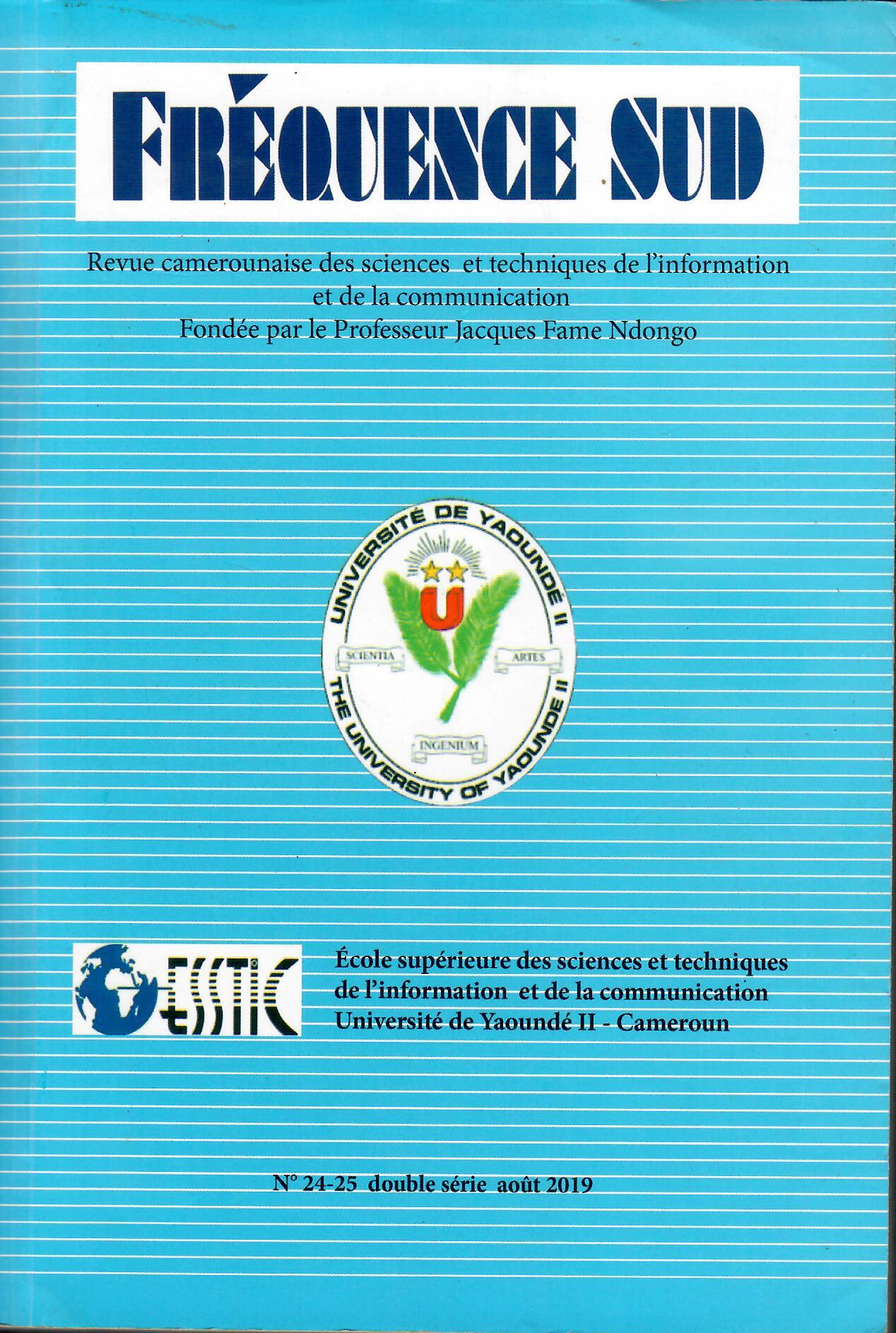JEUX ET ENJEUX DE LA MEDIATION PAR LES TIC ENTRE LE FRONT ET L'ARRIERE-PAYS DANS LA GUERRE CONTRE BOKO HARAM AU CAMEROUN
Résumé
RESUME
Lors de la guerre contre Boko Haram, les soldats camerounais ont massivement utilisé des technologies d’information et de communication (TIC) pour diffuser auprès de leurs familles et amis des nouvelles du front. Selon le gouvernement, leurs pratiques communicationnelles ont enfreint la déontologie militaire. Comment en sont-ils arrivés là alors que la « confidentialité » des opérations de guerre est généralement présentée comme un principe sacré ? Cette préoccupation communicationnelle est ici envisagée à partir d’une sociologie des usages et d’une sociologie de la transgression. L’étude est focalisée sur l’usage du téléphone portable au cours de l’année 2014 quand les affrontements en étaient au zénith. Grâce à une exploitation de documents disponibles, des entretiens avec des protagonistes de ces communications et une observation participante des pratiques étudiées, l’analyse montre que les soldats ont ainsi l’opportunité offerte par les TIC pour exprimer leurs angoisses et leurs frustrations à travers des communications informelles. Il apparaît qu’en révélant certaines informations stratégiques à leurs proches, les soldats étaient à la recherche d’un supplément de puissance que ne leur procurait pas le système de défense tel qu’il fonctionnait à ce moment-là.
Abstract
During the war against Boko Haram, Cameroonian soldiers massively used information and communication technologies (ICT) to spread news from the front to their families and friends. According to the government, their communication practices have violated military ethics. How did they get there when the “confidentiality” of war operations is usually presented as a sacred principle? This communicational concern is here considered from a sociology of uses and a sociology of transgression. The study focuses on the use of the mobile phone during the year 2014 when clashes were at the zenith. Through an analysis of available documents, interviews with protagonists of these communications and a participant observation of the practices studied, the analysis shows that the soldiers seized the opportunity offered by the TIC to express their anxieties and their frustrations through informal communications. It appears that, by revealing certain strategic information to their relatives, the soldiers were looking for extra boost that was not provided by the defense system as it was operating at the time.


